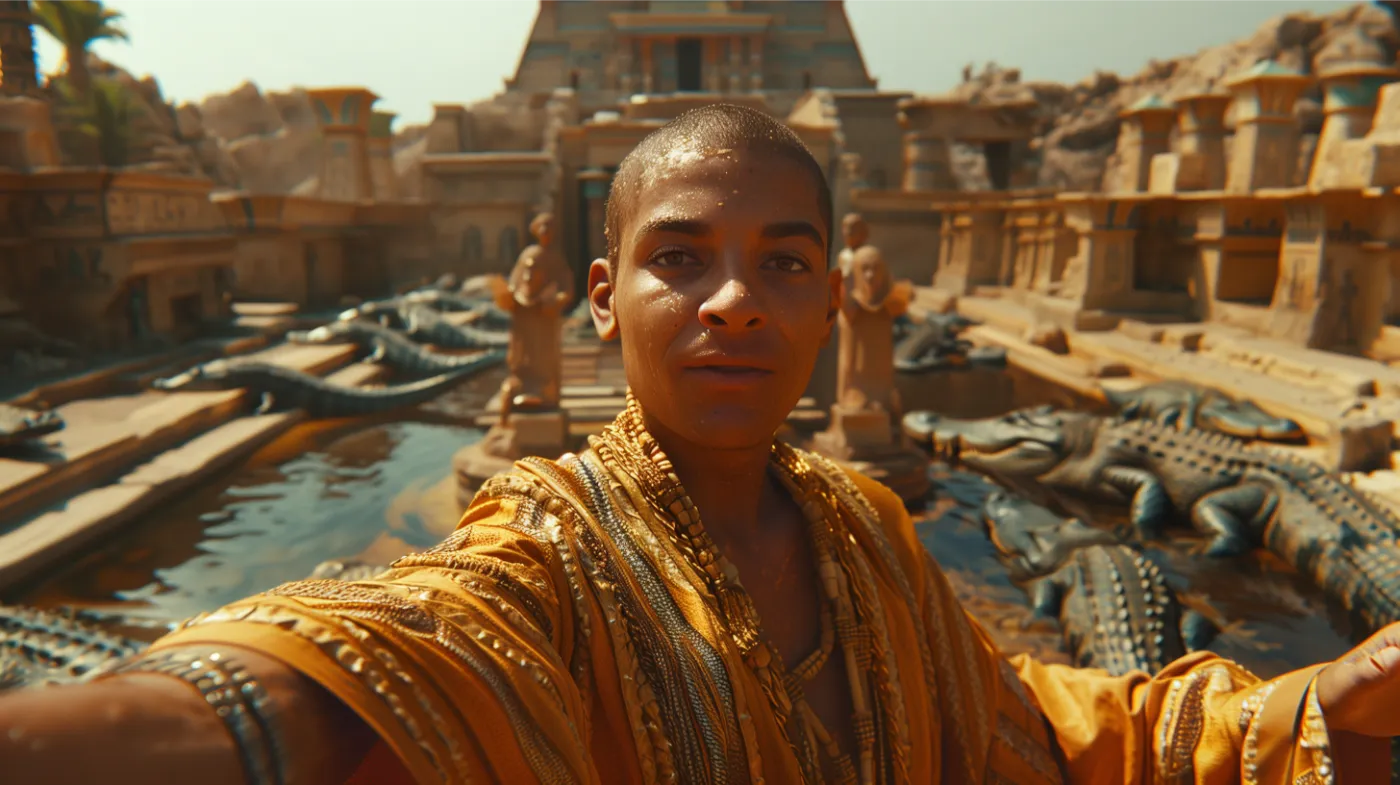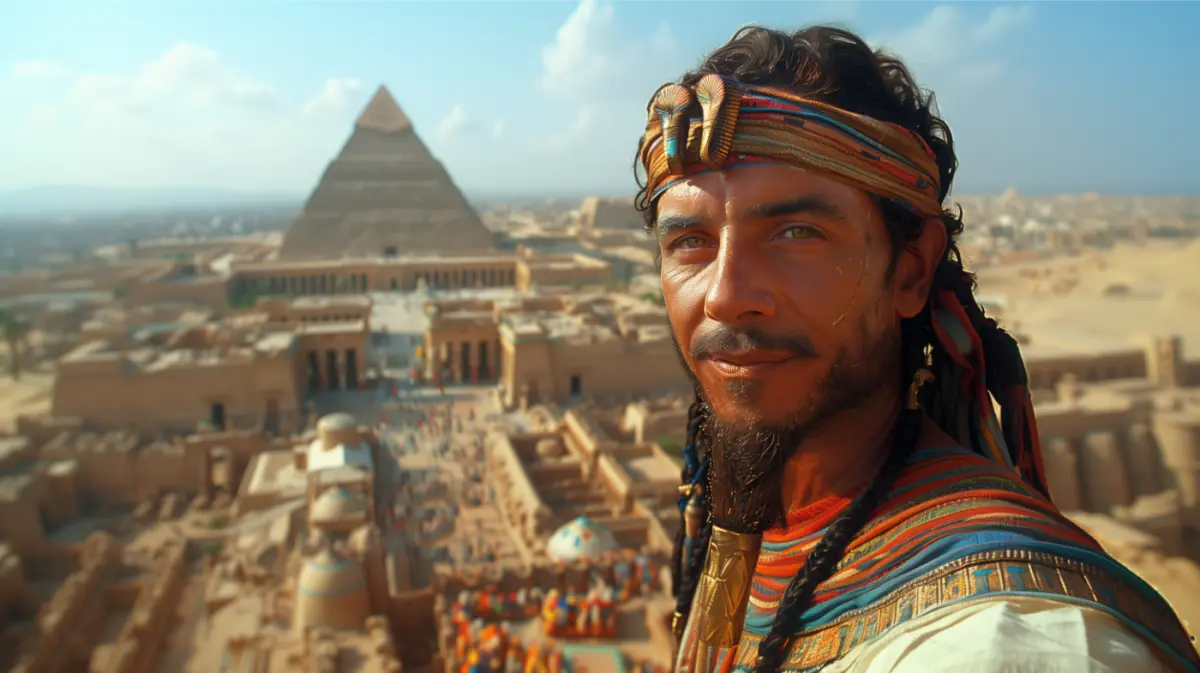10 Strange Jobs in Ancient Egypt That (Luckily) No Longer Exist

Ancient Egyptian civilization was known for its grandeur, mysterious rituals, and a complex social hierarchy. While some professions were revered, others were downright bizarre by today's standards. Let's take a glimpse into these strange ancient Egyptian jobs that, thankfully, no longer exist.
10. Scribes of the House of Life
The House of Life was a temple complex where scribes dedicated their lives to writing and copying religious and magical texts. These scholars were responsible for preserving the sacred knowledge of the time, serving as the custodians of ancient Egyptian wisdom.
9. Sacred Animal Breeders
Ancient Egyptians held certain animals, such as cats, hawks, and ibises, in divine regard. Sacred animal breeders were tasked with breeding and caring for these creatures, which were revered and offered to the gods in temples. This job required a deep understanding of animal husbandry and a reverence for the religious beliefs of the time.
8. Water Clock Keepers
Before the invention of modern timekeeping devices, the ancient Egyptians relied on water clocks to measure the passage of time. These ingenious devices used the steady flow of water to track the hours. Water clock keepers were responsible for maintaining and operating these ancient timepieces, ensuring the accurate measurement of time for various daily activities.
7. Crocodile Feeders
In the realm of ancient Egyptian gods, Sobek, the crocodile-headed deity, held a prominent place. Crocodile feeders were responsible for caring for and feeding the sacred crocodiles that resided in temples dedicated to this deity. This dangerous job required a level of fearlessness and respect for the religious significance of these reptilian creatures.

6. Divine Wife of Amun
The role of the Divine Wife of Amun was a prestigious and influential position within the ancient Egyptian religious hierarchy. Often filled by a daughter of the Pharaoh, this high-ranking priestess held significant religious and political power, serving as a conduit between the gods and the mortal realm.
5. Shipbuilders of the Afterlife
In preparation for the journey to the afterlife, ancient Egyptians believed in equipping the deceased with all the necessary provisions. Shipbuilders specialized in constructing model boats that were placed in tombs, intended to transport the departed through the waters of the underworld and ensure their safe passage.
4. Grain Accountants
In a civilization that heavily relied on agriculture, grain accountants played a crucial role. These officials were responsible for measuring and recording the grain harvest, ensuring fair distribution of rations and accurate tax collection, which formed the backbone of the ancient Egyptian economy.
3. Vizier
In the complex hierarchy of ancient Egyptian society, the Vizier held a position of immense power and responsibility. Acting as the Pharaoh's chief advisor, the Vizier oversaw the administration of the kingdom, ensuring justice was served and major projects were executed flawlessly. This role required exceptional leadership skills and the trust of the ruler.

2. Guardians of the Temple Library
Knowledge was a revered commodity in ancient Egypt, and temple libraries were repositories of sacred texts and scrolls. The Guardians of the Temple Library were priests entrusted with protecting and maintaining these invaluable collections, ensuring the preservation of religious and magical knowledge for future generations.
1. Professional Mourners
In ancient Egyptian funerary practices, professional mourners played a unique role. These women were hired to attend funerals and mourn the deceased through lamentations and wailing. It was believed that their expressions of grief helped usher the soul into the afterlife, providing a crucial service in the complex rituals surrounding death.
Which of these ancient Egyptian professions did you find most surprising or intriguing? The crocodile feeders who risked their lives to care for sacred reptiles? Or perhaps the hieroglyphic carvers, whose intricate carvings adorned monuments and tombs? Maybe the idea of grain accountants meticulously measuring and recording the harvest piqued your curiosity about their economic systems.
So, share your thoughts! Share this article to Facebook and find out which of these other people find most amazing.
